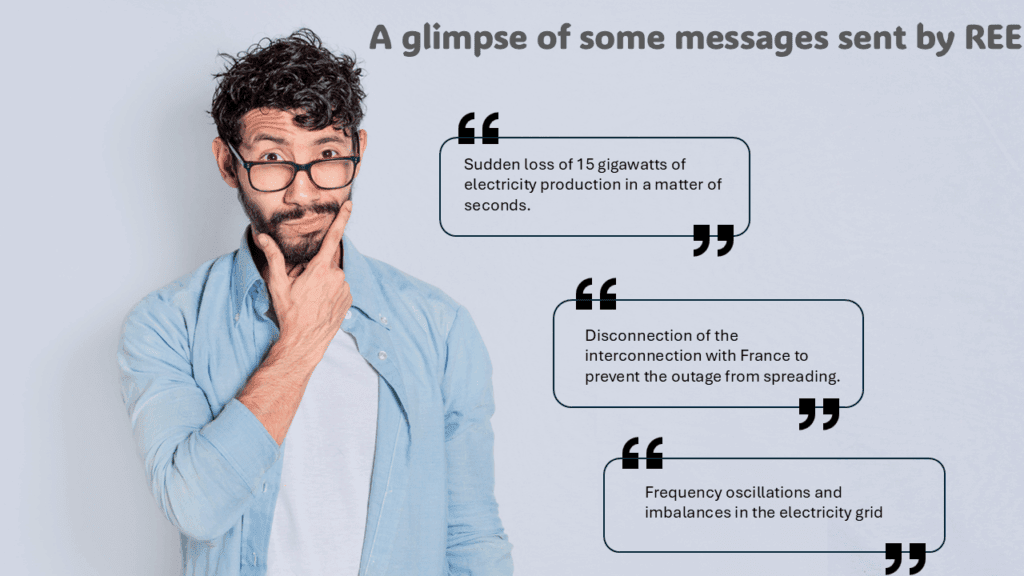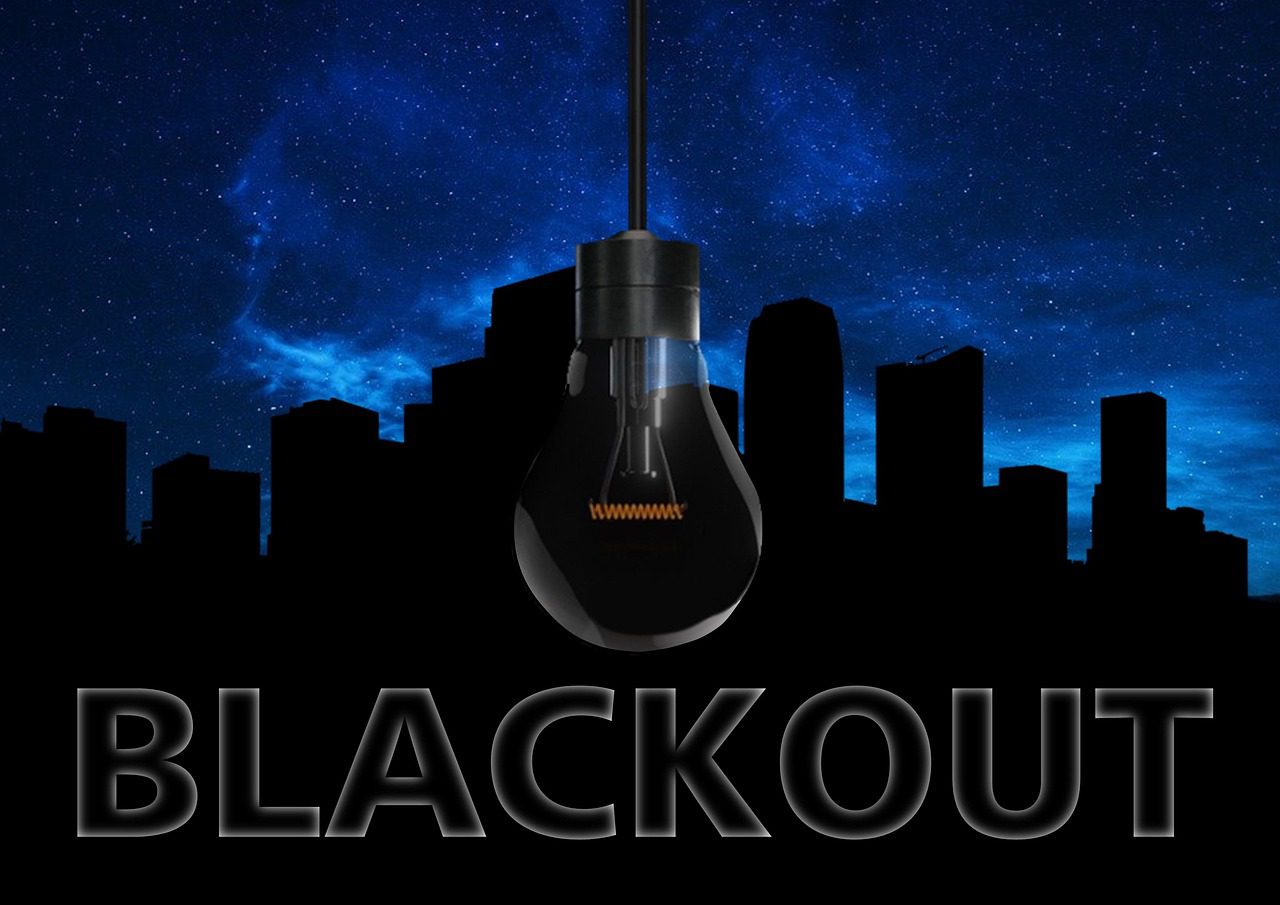April 28, 2025 will be remembered in Spain, Portugal, and southern France as a milestone in the annals of energy. Surprisingly, more than two decades after the famous blackout in the US in 2003, the crisis communication preparedness for such a dreaded scenario within the energy sector appears to have made little progress, despite well-known regulatory obligations.
During the same period, communication methods became more sophisticated and cyberattacks skyrocketed, forcing organisations to strengthen their crisis preparedness, particularly in terms of communication with internal and external stakeholders, and especially in critical infrastructure such as energy suppliers.
Beyond the technical incident, it was crisis communication – or the lack thereof – that left a lasting impression and undermined confidence.
So what exactly happened — and what can we learn from this failure about building more resilient crisis communication strategies?
This analysis is taken from our report, available free of charge
👇 on this link 👇
- Overview of the communication done
- Communication failures
- Most likely consequences for players in the short, medium and long term
OVERVIEW OF THE Communication DURING THE BLACKOUT
Timeline of Events
- 12:33 CEST: 15 GW 2 subsequent grid failings, suddenly brought down the European grid — 60% of Spain’s energy demand.
- Massive outages begin across Spain, Portugal, and southern France.
- Parts of Greenland lose all communication capabilities.
- Internet services in Morocco are disrupted.
- round 4:00 pm CEST: Red Eléctrica de España – REE announces power restoration may take 6 to 10 hours.
- Half past midnight: Greenland’s telecommunications provider, Tusass, issues a statement informing the public that contact has been lost at their connection in Maspalomas, Spain.
In the meanwhile, big cities, hospitals, streets, people were panicking. What happens? Why? For how long?
First Statements about the blackout
- REE issues at 4:00 pm a message on Twitter, saying the cause is under investigation.
- Iberdrola’s CEO Ignacio Sánchez Galán speaks later, blaming REE and affirming Iberdrola‘s readiness.
- REN, Portugal’s grid operator, refers vaguely to a “rare atmospheric phenomenon.”
Spokespeople Identified
4 people spoke.
- Beatriz Corredor, REE’s president, appears days later to defend the company’s crisis response.
- Ignacio Sánchez Galán (Iberdrola) calls on REE to explain the incident, rejecting all responsibility.
- Bruno Silva (REN) clarifies to AFP that REN never referred to the incident as atmospheric and distances the company from that claim.
- João Faria Conceição, board member at REN, provides some technical insight into the event.
Coordination & Public Messaging
- Spanish Prime Minister Pedro Sánchez criticizes the lack of transparency from operators.
- The Environment Minister warns against blaming renewable energy sources.
- No early-stage press briefings or spokespersons from REE in the crucial first hours.
THE COMMUNICATION FAILURES DURING THE BLACKOUT
It’s astonishing that such a long-anticipated, high-impact scenario still caught key energy providers unprepared from a communication standpoint.
FOUR MAJOR FAILURES stood out.
- Insufficient anticipation with late communication, no coordination with other operators, few redundant communication channels and, finally, no anticipation of possible rumours.
- No prioritisation of different audiences, whether authorities, affected countries, critical service providers (hospitals, transport, banks, telecoms, etc.), businesses or the general public, and inappropriate, overly technical communication.
- Failure to comply with regulations in the event of a blackout, which requires operators to define a crisis communication plan.
- Public confusion without designated spokespersons and with conflicting messages being issued left, right and centre to shift the blame or give inept explanations for the incident.

SERIOUS HUMAN & ECONOMIC CONSEQUENCES
For areas affected by the blackout
Result of the communication meltdown: At least eight deaths in Spain and Portugal, +6 million people affected in public transport, elevators, parking lots, shops, etc.
According to a study by Caixabank Research and the Spanish Ministry of Economy, the direct economic impact is estimated at €400 million, but the Spanish Business Confederation (CEOE) has estimated that the outage could cost ~€1.6 billion (or ~0.1% of Spanish GDP) – Reuters
For the Operators
Short-term, medium-term and long-term consequences in terms of:
- credibility
- image
- crisis of confidence
- loss of talent
- internal crisis and restructuring
- social tensions
- administrative and legal proceedings
- international competitive positioning
- loss of strategic opportunities
- etc.
The main operator in the hot seat is obviously REE, but others, notably Iberdrola, are not far behind.
Discover our comprehensive analysis of communication failures during the blackout, plus what should have been done, post-blackout measures, and our concrete recommendations for businesses.

